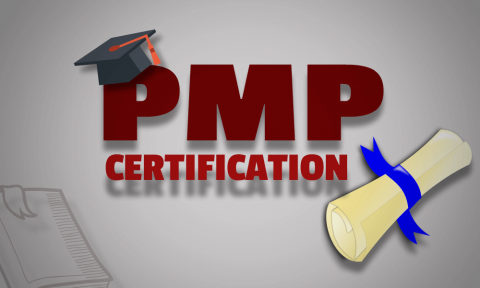
- Understand PMI’s approach to project management.
- Understand how the PMP exam is structured, and what kinds of questions will be asked.
- Being very familiar with all sections of the PMBOK 7th Edition.
- Use the standard processes to manage your project.
- Achieving project goals using the best practice techniques to achieve your project's objectives.
- Maintaining project scope.
- Working within project budget.
- Use the professional Project Management expressions and terms, which are used by all the professional projects managers around the world.
- Deal better with your resources, and increase your team efficiency.
- Rcognise what is an integrated project management plan, which covers all the knowledge bases.
- Considering risk throughout the project lifecycle.
- Providing quality services of the whole project.
- Able to Monitor your project progress and perform correction or prevention actions if required.
- Provide participants with the skills and knowledge necessary to pass the PMI-PMP and PMI-CAPM exams.
According to the Project Management Institute (PMI/USA) , this course is targeting the following categories of trainees:
- PMP candidates
- Mid-level Project Managers
- Those who want or need training requirements to become PMP ® certified
- Those who want to build-up their knowledge in agile and hybrid approaches
The above candidates include anyone who is working in a Functional, Project Based Organizations , or a matrix company who is dealing with projects, in any of the following fields:
- Banking
- Engineering.
- IT.
- Manufacturing
- Pharmaceutical industry.
- Military.
- NGOs.
- Construction.
- Any field or position who deals with projects.
The Project Management Professional (PMP)® is the world's leading project management certification. Now including predictive, agile and hybrid approaches, the PMP® proves project leadership experience and expertise in any way of working. It supercharges careers for project leaders across industries and helps organizations find the people they need to work smarter and perform better. Research indicates that employers will need to fill nearly 2.2 million new project-oriented roles each year through 2027. This means skilled project managers are in high demand. The PMP certification is designed by project professionals, for project professionals and validates that you are among the best-highly skilled in:
- People: emphasizing the soft skills you need to effectively lead a project team in today's changing environment.
- Process: reinforcing the technical aspects of successfully managing projects.
- Business Environment: highlighting the connection between projects and organizational strategy.
|
Domain 1: People: |
|
|
Domain 2: Process: |
|
|
Domain 3: Business Environment: |
|
